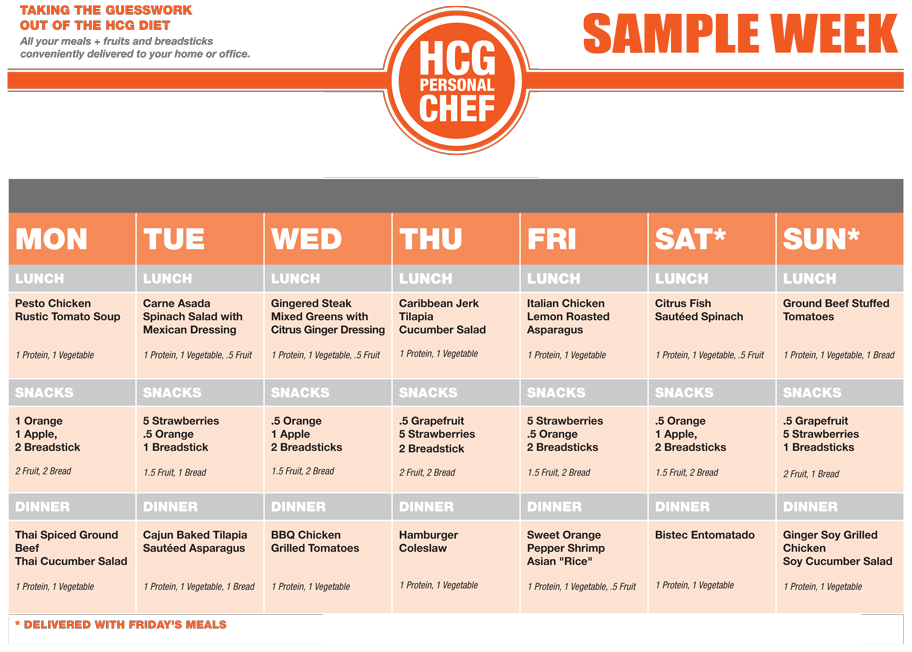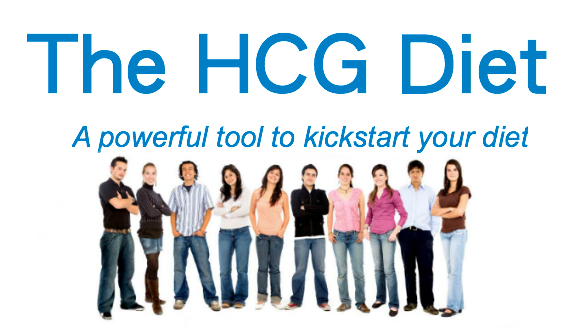Introduction
Many people think creating a healthy eating regime is a complicated affair. Well, it is not exactly nuclear physics if you can understand the basics. It is not restrictive either- where people imagine you have to shun or cut down on some foods you consume every day. The basics of a healthy diet, however, are actually simple facts. Generally, eat more plant products than their animal counterparts. You may need to cut down on processed foodstuff. Here are a few basic tips on what is a healthiest diet.
Feel free to read these articles:
- What are the best hcg drops in the market.
- What is HCG Complex and how it works.
- Natural ways to lose belly
- Calorie cycling and HCG diet.
Consume a variety of healthy diet foods
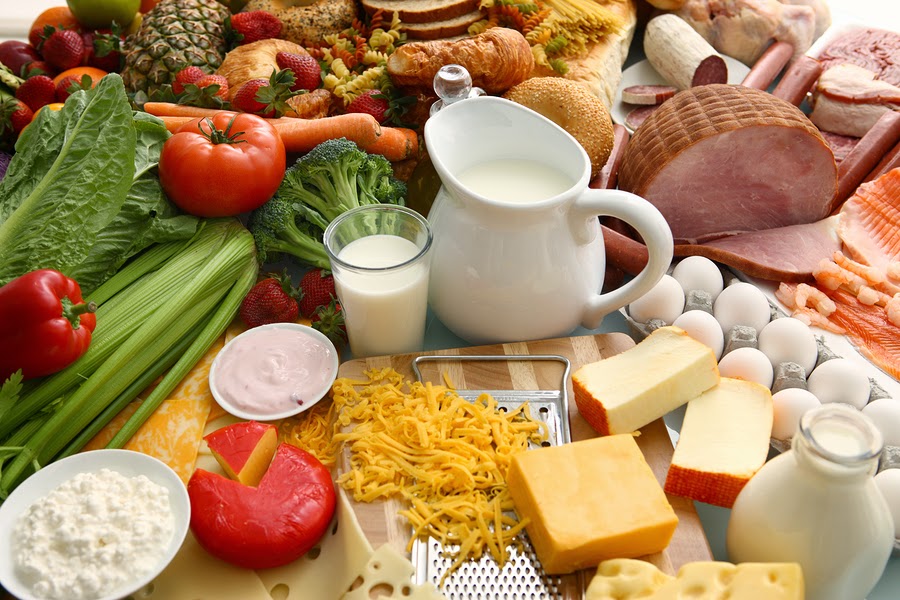
No single type of food can contain all the essential nutrients needed by the human body. Moreover, many of the nutrients are yet to be discovered or their sources identified. Even without this knowledge, it is possible to ensure you miss no essential nutrients. This can be achieved by eating a wide variety of foods. Nevertheless, you may require a little knowledge on the kinds of food that contain vitamins, proteins, mineral salts and carbohydrates.
Eating plenty of produce:
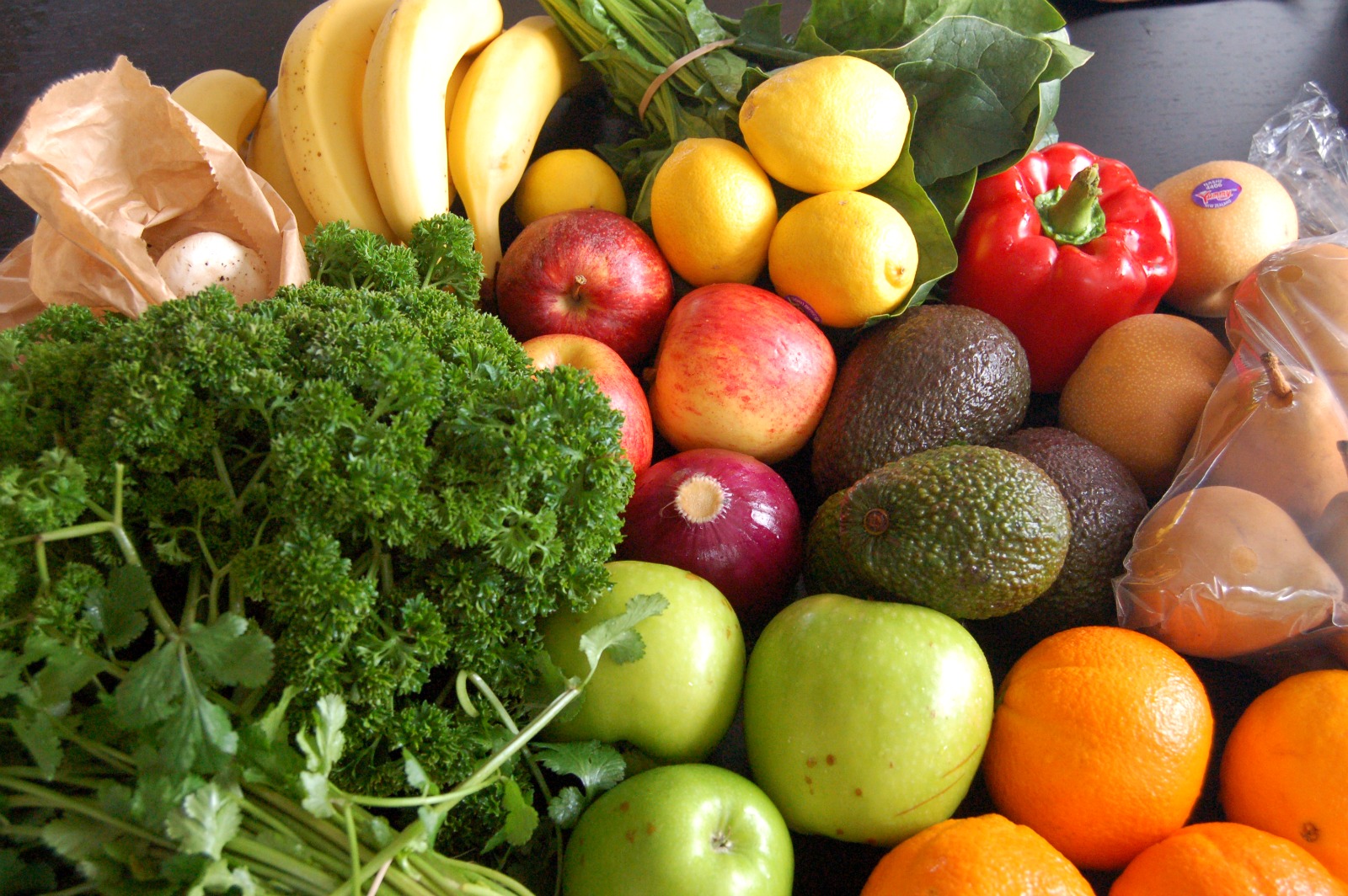
Nothing can ever go wrong with farm produce. Consume as plenty of them as possible. They are not only rich in the essential nutrients needed by the body but have no or very few side effects. With produce, you won’t have to worry about how much you consume. Get plenty of vegetables and fruits. They are the cheapest and safest sources of vitamins and plant oils. They are also useful in combating certain diseases, such as cancer. Go for whole real fruits rather than processed juices. This will provide you with sufficient fiber.
Worry less about cholesterol:
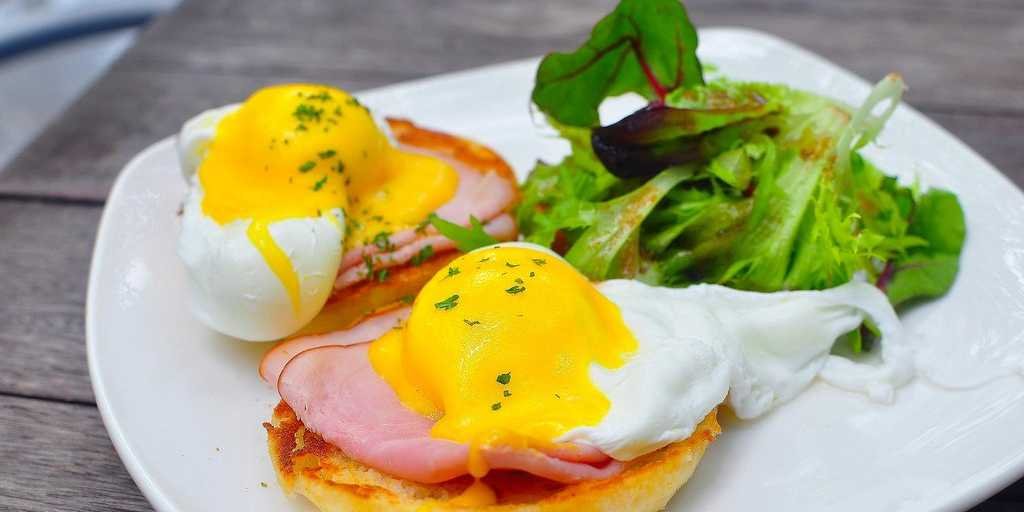
There is a current obsession with cholesterol-free foods. This is a misconception is preventing people from eating healthy. Unbeknown to many is the fact that there are both positive and negative cholesterols. Furthermore, the cholesterol in food has little or no effect at all to blood cholesterol. The implication here is that you really don’t need to shy away from eggs and shrimp. If you want lower the LDL cholesterol, just avoid trans fats from hydrogenated products. Get healthy by throwing any worries about cholesterol to the four winds.
Proper portioning:
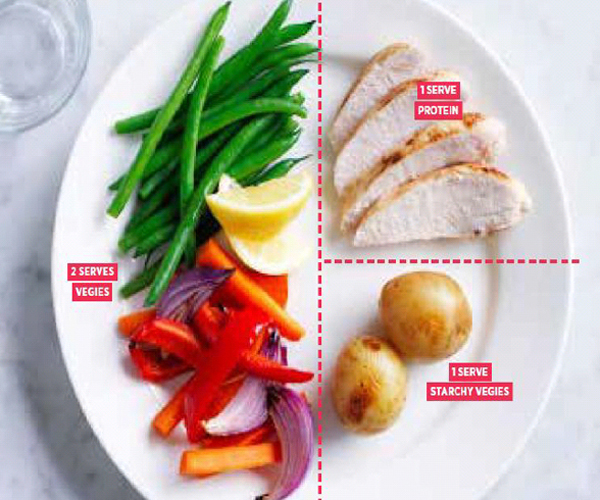
There may be some harm in consuming excess or too little quantities of some foodstuff. Consequently, it is important to check on the portions you eat every day. Essentially, the healthy foods that contain micro nutrients, such as vitamins, a small portion of them is normally enough. Too much would be a waste. Carbohydrates, on the other hand, can be taken in substantial quantities. Eat less of fatty foods if you must, but consume more of greens.
Less refined grains and added sugar:
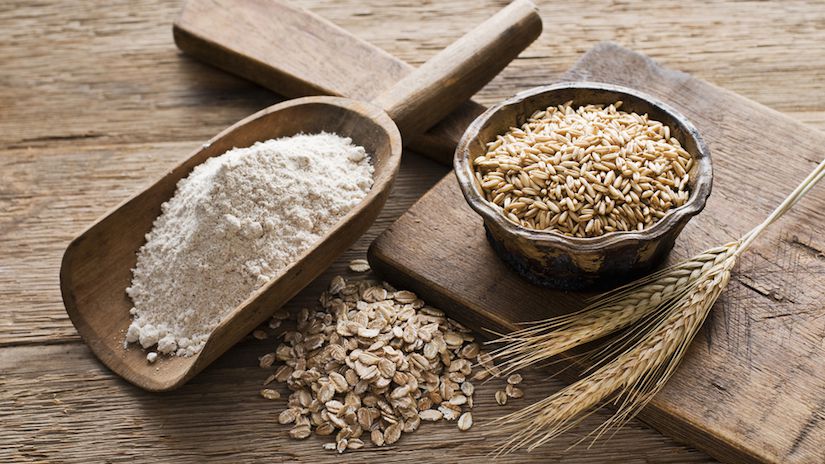
Refined grains might look more appealing and tastier than the crude ones, but have no fiber in them. Moreover, refined foods lose many of their nutrients through processing. You want to eat healthy by staying away or limiting the consumption of such products. When buying such products, avoid anything with “refined” or “enriched” on their labels. Diet foods with added sugar are not all good for you either. Drink your soda but with restraint. Such foods give empty calories that only contribute to weight gain. You may want to remember that many of the sugary foods you are addicted to are also high in fats. Spread the gospels to your family members because you don’t want obesity.
Whole grains:

Whole grains, oats, flax, poppy, wheatgerm, granola, sunflower seeds.
Large portion of your grains should be whole grains, such as whole oats, barley and wheat. Whole grains retain nearly all of the nutrients and fiber of the grain. When looking for such products pay much attention to their composition, look for products labeled 100% whole wheat or 100% whole grain. In case you don’t find products labeled so, there are still other alternatives and options such as the voluntary whole grain stamp from the whole Grains Council though prioritizes for those whose first ingredient is whole grain.
Get more fish and nuts:
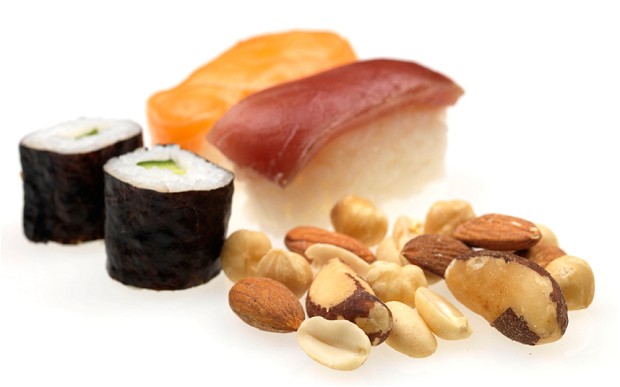
It may sound fishy, but eating lots of fish is quite healthy for you. Fish is quite satisfying but does not lead to unnecessary weight gain. Nuts and avocados supply valuable vegetable fats. In fact, instead of red meat, just eat fish. Fishy fats reduce the risk of contracting cardiovascular diseases because they are rich in omega-3.
Less animal fats:
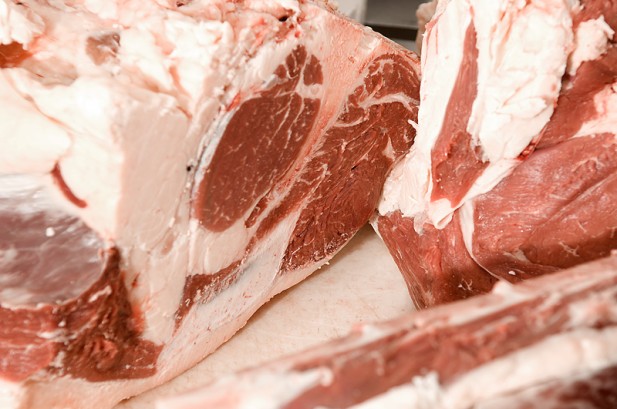
Animal fats are responsible for the accumulation of bad cholesterol in your body. The culprits are red meats and any other processed meats. To cut down on the consumption of such meats – I know you cannot avoid them – go for skinless chicken, lean meats or dairy products that have low fats. Keep away from any animal fats: the bottom line. If the craving for fats strikes, go for nuts, vegetable oils or fish. You now understand why people have private fish ponds. Limit consumption of white bread by replacing it with whole grains.
Avoid Trans fats:
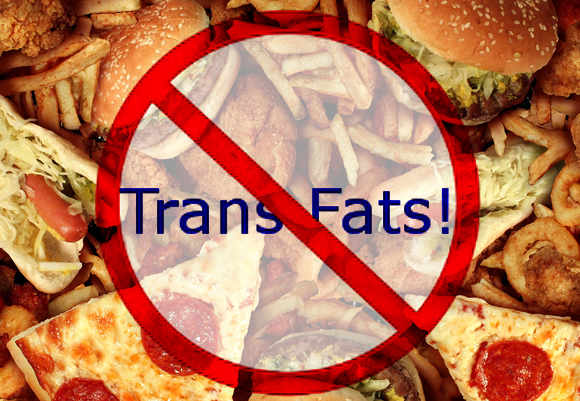
Many processed foods contain partially hydrogenated vegetable oils. These are what are referred to as trans fats. Most snack foods, stick margarines and commercially baked products have a level of trans fats in them. These foods contain LDL cholesterol, which is far from being health-friendly. Moreover, LDL cholesterol has the tendency to cancel out the good cholesterol, otherwise known as HDL. However, trans labeling laws have forced many food companies to reduce these fats in their products.
Watching calcium and vitamin D:
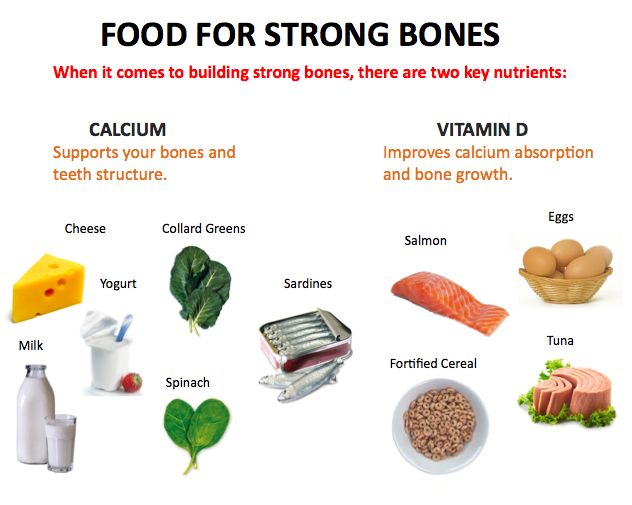
Calcium and vitamin D are what you need for your bones to be in perfect shape. Calcium is available in low fat or even non-fat foods such as orange juices and soya. You may need a calcium supplement if you cannot get enough from your diet. As for vitamin D, get it from the sun and a little from the foods. If you happen to live in Polar Regions, you will do with a supplement or two.
Conclusion
Healthy diet will help you live a healthy life. Focus more on plant products than animal products. Go for plant fats rather than animal fats. That is how you will be able to live a healthy life.


